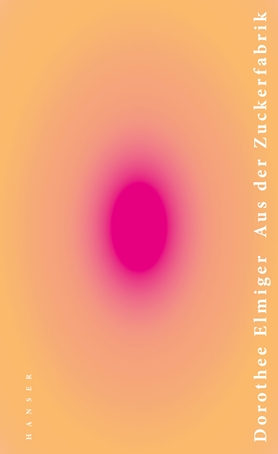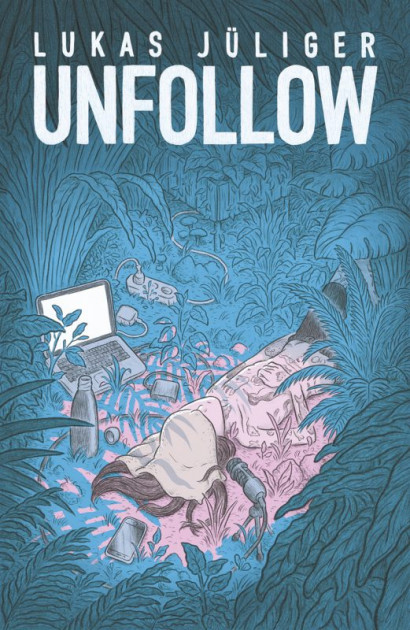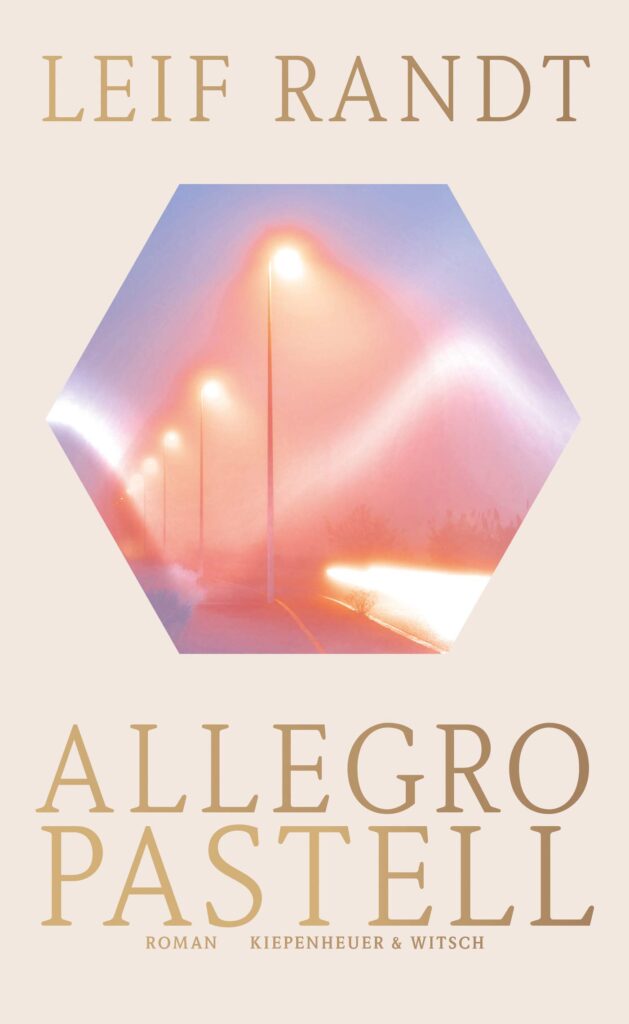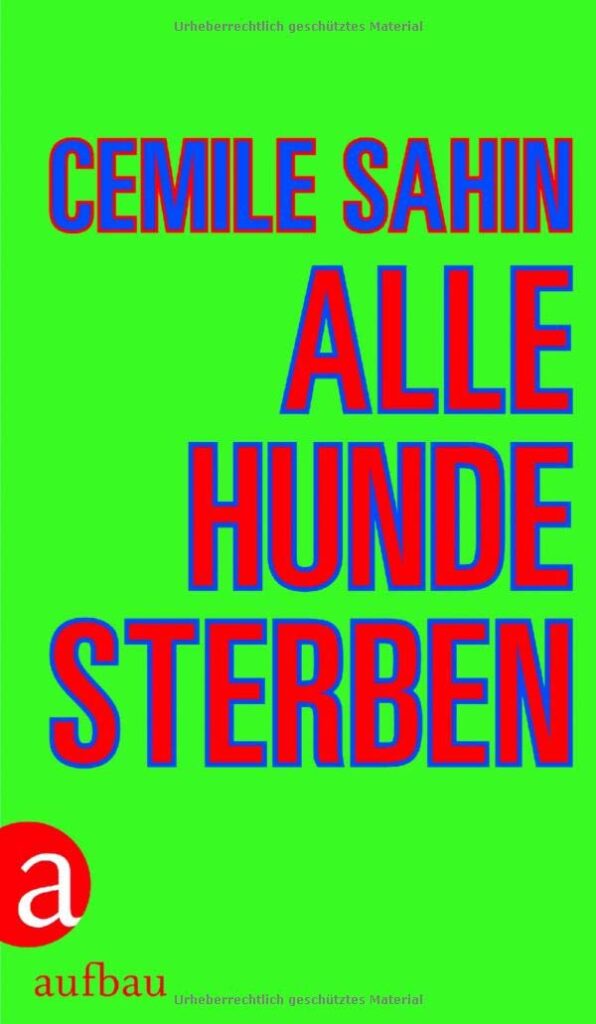
Highlights from the Mike Lützeler Contemporary German Literature Collection
Celebrating the somewhat delayed publication of the annual bibliography for 2020 of the Mike Lützeler Contemporary German Literature Collection, here are highlights from a very unusual year of German publishing.
Founded in 1984 by Paul Michael Lützeler, Rosa May Distinguished University Professor in the Humanities at Washington University in St. Louis, the Contemporary German Literature Collection is the largest of its kind in North America, with a robust collection of novels, poetry, short story collections, graphic novels, essays, autobiographical works, and literary and cultural periodicals from publishers in Germany, Austria, and Switzerland. The Collection is housed in John M. Olin Library, and each year the German Languages & Literatures librarian—yours truly —publishes a bibliography of newly acquired items in our institutional repository.
Normally I would try to finish the bibliography by early summer, but due to extensive shipping delays, vendor-supply issues, and disruptions in the library during the beginning of the global COVID-19 pandemic, the bibliography was published just in time for the new year, and is itself a document that reflects the ongoing health crisis.
Many publications from spring 2020 were deferred to a later date as bookstores and other commerce in Germany pivoted operations during the initial phase of the pandemic, while at the same time authors and their publishers started responding to the pandemic with new works of literature. Of the 732 volumes published in 2020 that the University Libraries, in collaboration with the Department of Germanic Languages and Literatures, acquired last year, at least 19 directly confront the pandemic and its effects on society in German-speaking countries and the greater world.
As a librarian, I end up reading more publisher descriptions and book reviews than I do actual books themselves. But I did take time to read a handful that seemed to demonstrate exciting new directions in German-language literature, and these six books were my favorites. These particular works do not address the pandemic directly (I personally was more interested in escaping the pandemic mentally), but they do address unhealed traumas from the past, delve into current issues in contemporary European society and the world, and imagine possible futures, both utopian and apocalyptic.
Elmiger, Dorothee. Aus der Zuckerfabrik. München: Carl Hanser Verlag, 2020

In this kaleidoscopic novel, the first person-narrator is an author following the global trail of capitalism, colonialism, and desire across centuries. The narrator eschews straight-forward narrative for fragments and loose associations, and the reader journeys through the narrator’s thoughts and obsessions about work, hunger, mystics, sugar trade, authors, money, economists, madness, and lottery winners.
Jüliger, Lukas. Unfollow. Berlin: Reprodukt, 2020

This eerie graphic novel is told by the inner circle of Earthboi, an organism that seems to predate modern time by eons, and has taken a lithe human form to educate humans about the harmful effects they have on the earth. Is he a deity? An influencer? Something more sinister? Jüliger’s hazy and monochrome drawings become more menacing as the story advances.
Randt, Leif. Allegro Pastell. Köln: Kiepenheuer & Witsch, 2020

Allegro Pastell follows the tradition of German popliteratur, a genre of fiction in which characters reflect their zeitgeist (usually a mix of cool bands, drugs, and sex). Here, though, the long-distance relationship of Berlin-based author Tanja Arnheim and web designer Jerome Daimler, who lives outside of Frankfurt, allows for greater sincerity than is common for this coolly ironic genre. Their conversations and e-mails look into the meaning of love and desire in contemporary Germany.
Sahin, Cemile. Alle Hunde Sterben. Berlin: Aufbau, 2020

Somewhere in the west of Turkey, nine Kurdish refugees live in a building after escaping state-sponsored terror. They recount their horrific experiences in sobering detail, as the spectre of violence continues to loom and threatens to end their purgatory-like existence. Sahin, an acclaimed media artist in Germany, lends dignity to these testimonies while also slyly experimenting with narrative and its inherent artifice.
Seiler, Lutz. Stern 111. Berlin: Suhrkamp, 2020

After his parents leave for the West when the borders open in 1989, Carl Bischoff decides to leave his East German town as well, joining a group of leftist squatters in East Berlin. Carl explores poetry, love, and utopian ideals in this peculiar time between the fall of the Berlin Wall and the reunification of Germany. Seiler breathes new life into the well-established genre of the Wenderoman (meaning a novel that deals with German reunification and the legacy of East Germany), and was awarded the Prize of the Leipzig Book Fair for his achievement.
Wenzel, Olivia. 1000 Serpentinen Angst: Roman. Frankfurt am Main: S. Fischer, 2020

Wenzel structures her acclaimed debut novel as a dialogue, a way for the narrator, a young Afro-German woman, to unpack her fraught relationships with her East German punk mother, her father who returned to Angola to start another family, her beloved grandmother who has drifted away from being a staunch communist to a right-wing supporter, her twin brother who died tragically, and her ex-girlfriend. This bold work of autofiction explores the many-layered identities of an Afro-German queer woman living in a society that rarely acknowledges her presence. An English translation of this novel is scheduled to be published in the U.S. later this year.
Additional information can be found at the Contemporary German Literature Collection and at the webpage for the Max Kade Center for Contemporary German Literature. And be sure to check out the pop-up exhibition Belonging: Recent Graphic Novels from German-Speaking Countries, on view in the lobby of Olin Library through January 21.
